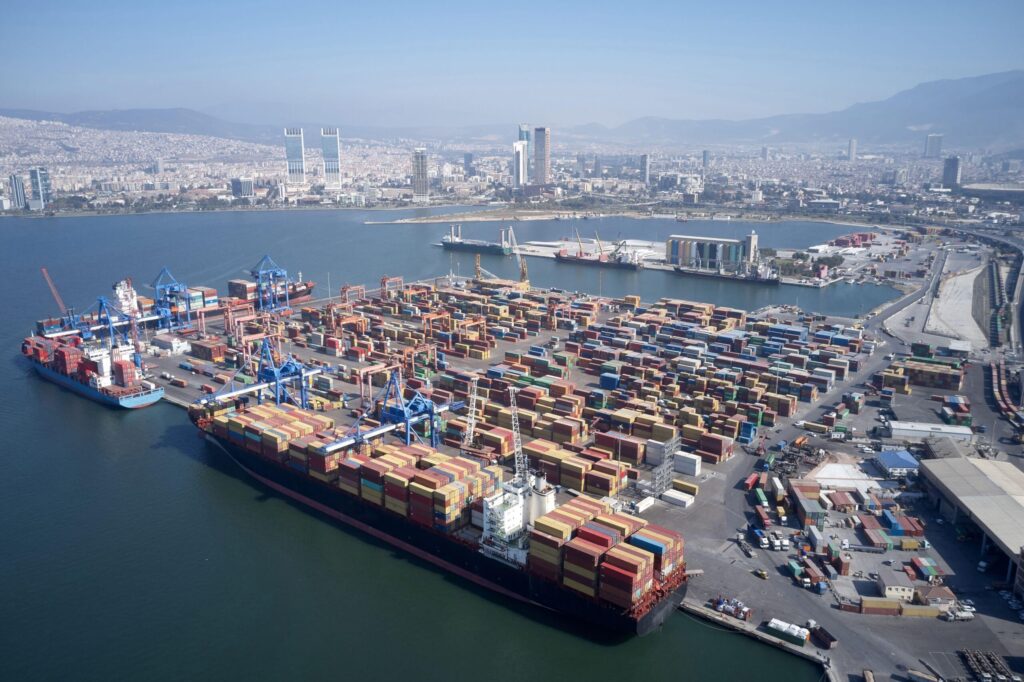Significant Turkey trade surplus
Strong focus on technology
Expanding international partnerships
Turkey’s free trade zones are having a bumper year, posting record high export figures so far in 2025, with growth outstripping the broader export sector and eating into the country’s trade deficit.
Outbound shipments from Turkey’s free trade zones (FTZs) rose 11 percent in May, with exports of $1.2 billion, a record for the month, according to data issued by the Ministry of Trade on June 11.
With imports into the zones amounting to $724 million in May, this resulted in a $456 million trade surplus for Turkey’s FTZs.
By contrast, Turkey’s overall exports increased by a more modest 2.7 percent in May to $24.8 billion, offset by imports of $31.3 billion, leaving a $6.5 billion trade deficit for the month.
While growth across the first five months of the year was not quite as strong, with FTZ exports up 4 percent over the same period in 2024 for a total of $5.25 billion, this itself represents a new high and is well on the way to eclipsing the 2024 total of $12 billion and a trade surplus of $4.1 billion.
Turkey has 19 FTZs, with the majority concentrated in the western coastal regions, close to maritime and logistics centres. Ministry of Trade data shows that 2,000 companies operate out of these zones, with 25 percent being foreign owned.
There is a strong focus on technology production in Turkey’s FTZs. Though accounting for only 5 percent of total exports, 57 percent of all outbound shipments from the zones in the January to May period were classified as medium-advanced and high technology.
This is set to increase further in the coming years, with the Ministry of Trade having announced it intends to ramp up support for technology-focused and high value-added production.
Osman Akgül, the head of the Kocaeli Free Trade Zone, said the May results were positive, but sounded a note of caution, saying outcomes could be distorted by a number of factors.
“It is very pleasing that exports have increased and it is good for our economy,” he said. “However, the data can be seasonal or due to some particular product deliveries.”
Along with trying to boost value-added and high tech production, Turkey is also looking to expand and internationalise its FTZ network, with Ankara and Tehran in talks to develop a joint zone either side of the two countries’ border.
Another round of negotiations aimed at putting the finishing touches to an agreement is to be held in July, according to officials.
The project is in line with Turkish efforts to boost trade with Iran from current levels of around $17 billion to $30 billion by the end of the decade.



